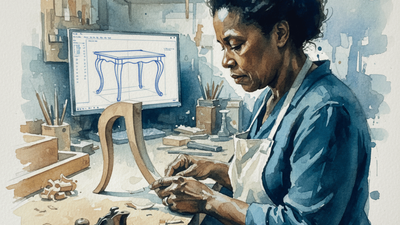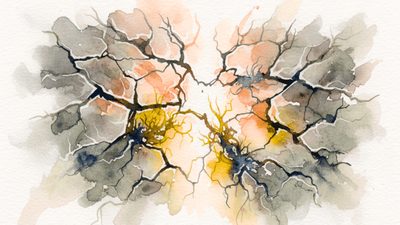A New Take on Change Management

After 20 years helping companies like DHL and Lufthansa manage transformation, I've watched the same expensive pattern everywhere: change management has become damage control for structural problems nobody wants to address.
- We create change champions with no budget.
- We run workshops that generate 100s of flip charts that nobody reads.
- We build stakeholder matrices while the actual problem personalities continue to do their thing.
The change managers I meet are smart, dedicated people given an impossible mandate: make transformation happen without the authority, resources, or the support to kill what's not working.
I used to be one of them. Racing between steering committees, building buy-in for initiatives that everyone knew would be restructured in six months. It felt important. But it was like running on a hamster wheel.
What I find fascinating now is how AI might fundamentally change this equation. Not the surface-level "AI helps us communicate better" narrative, but something deeper: what happens when small teams can handle complexity that previously required entire departments?
I'm seeing early experiments where AI tools allow individual professionals to own much broader scopes of work. They are managing complete processes end-to-end rather than just their specialised slice. No handoffs. Fewer alignment meetings. Direct accountability.
This isn't about automation replacing jobs. It's about amplification, changing how we organise work itself.
If we can build self-sufficient teams that don't require constant coordination, what happens to traditional change management?
Do we still need it? Or does the whole discipline need to evolve into something else entirely?
Subscribe to the FORS Report
Be the first to know - subscribe today





Member discussion